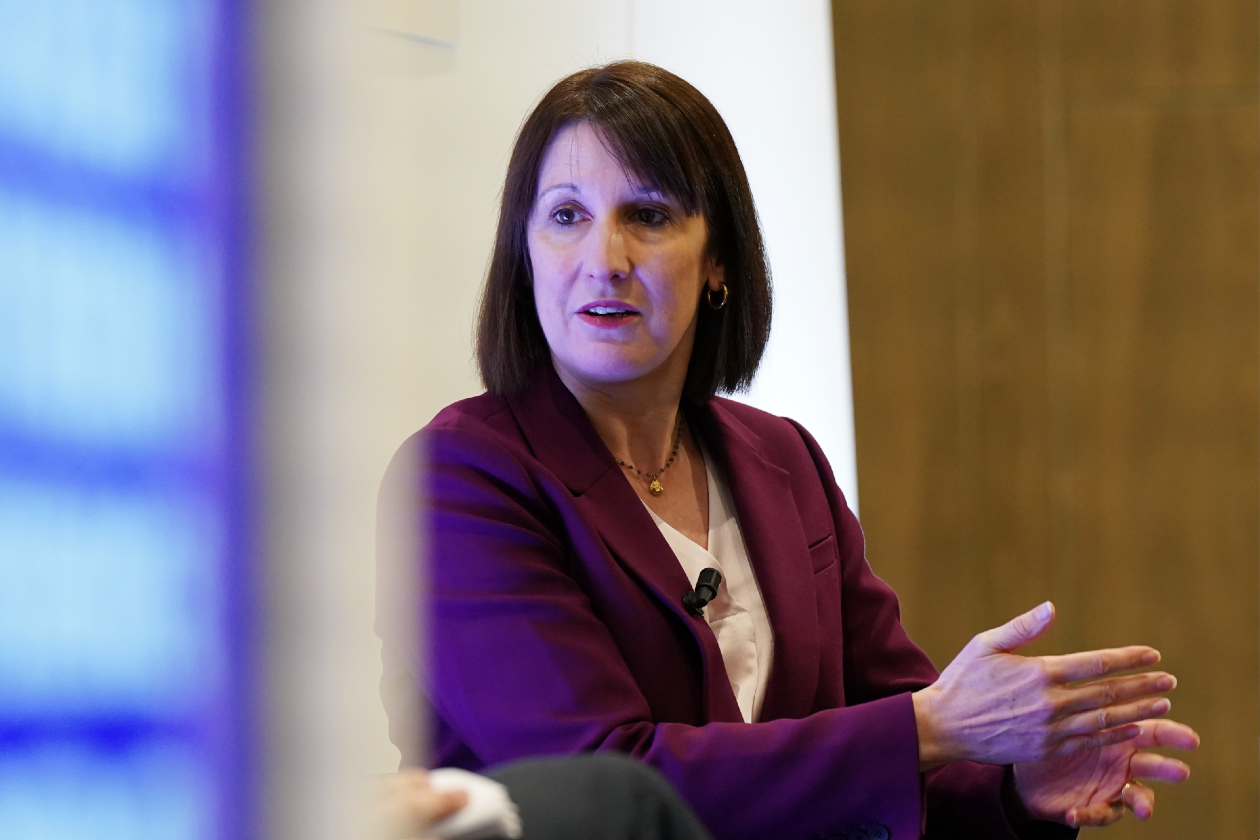Rachel Reeves faces having to raise taxes at the autumn Budget after borrowing jumped in the UK hit by Donald Trump’s tariffs, economists are warning.
Official figures showed the Government borrowed more than expected for the latest financial year.
Public sector net borrowing rose to £151.9 billion in the year to the end of March, said the Office for National Statistics.
This was £14.6 billion higher than the £137.3 billion forecast by the Office for Budget Responsibility.
The yearly figure was also £20.7 billion more than the same period a year earlier.
The figures came just a day after the International Monetary Fund slashed the economic growth forecast for the UK by 0.5 percentage points to 1.1% for this year, as the impact of Trump’s tariff wars sweeps the globe like a wrecking ball.
The IMF also hiked inflation expectations in Britain by 0.7 percentage point to 3.1%.
The grim predictions highlighted the public finances challenges facing Chancellor Ms Reeves who was vowing to "defend Britain's interests" as she prepared to meet fellow finance ministers in Washington and push for a US trade deal.
Elliott Jordan-Doak, senior UK economist at Pantheon Macroeconomics, said: “Looking ahead to the next fiscal year and the upcoming October Budget, fracturing global trade and geopolitical uncertainties are going to make the Chancellor’s life even more difficult.
“We had already expected that the Government would need to increase defence spending beyond its recent commitment of 2.5% of GDP—to at least 3.0% of GDP by 2027—with a mix of borrowing and tax increases to take the strain.
“But President Trump’s tariffs now mean a likely hit to GDP growth this year and next, which will further weigh on the public finances.
“The public finances were already in a difficult position heading into the trade war, and we think both taxes and borrowing will need to be raised in the October Budget.”
Ruth Gregory, deputy chief UK economist at Capital Economics, warned that “further bad news for the Chancellor is on the way” with the Office for Budget Responsibility yet to take into account the hit to the UK from Trump’s tariffs.
“All of this means that Reeves may not be too far away from having to raise money again in the Autumn Budget, by cutting spending and/or raising taxes, to meet her fiscal rules,” she added, stressing that the Chancellor’s fiscal headroom of just under £10 billion was already being whittled down by the higher borrowing.
Responding to the data, Chief Secretary to the Treasury Darren Jones said: “Economic stability is crucial within a changing world.
“We will never play fast and loose with the public finances, that’s why our fiscal rules are non-negotiable and why we are going through every penny of taxpayer money spent, line by line, for the first time in 17 years to tear out waste.”
But shadow Chancellor Mel Stride stressed: ‘’This morning’s figures lay bare the price the British people are paying for Rachel Reeves’ choices.
“These eyewatering sums are being paid for by hardworking people through higher taxes, higher prices and higher mortgage rates.”
This article was written by Nicholas Cecil from The Evening Standard and was legally licensed through the DiveMarketplace by Industry Dive. Please direct all licensing questions to legal@industrydive.com.
(Photo by Ian Forsyth/Getty Images)

